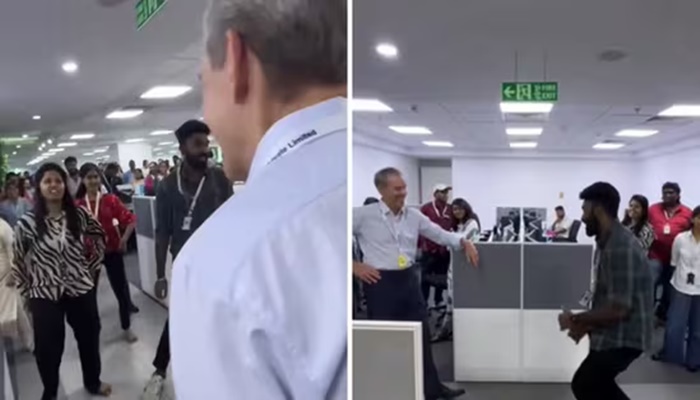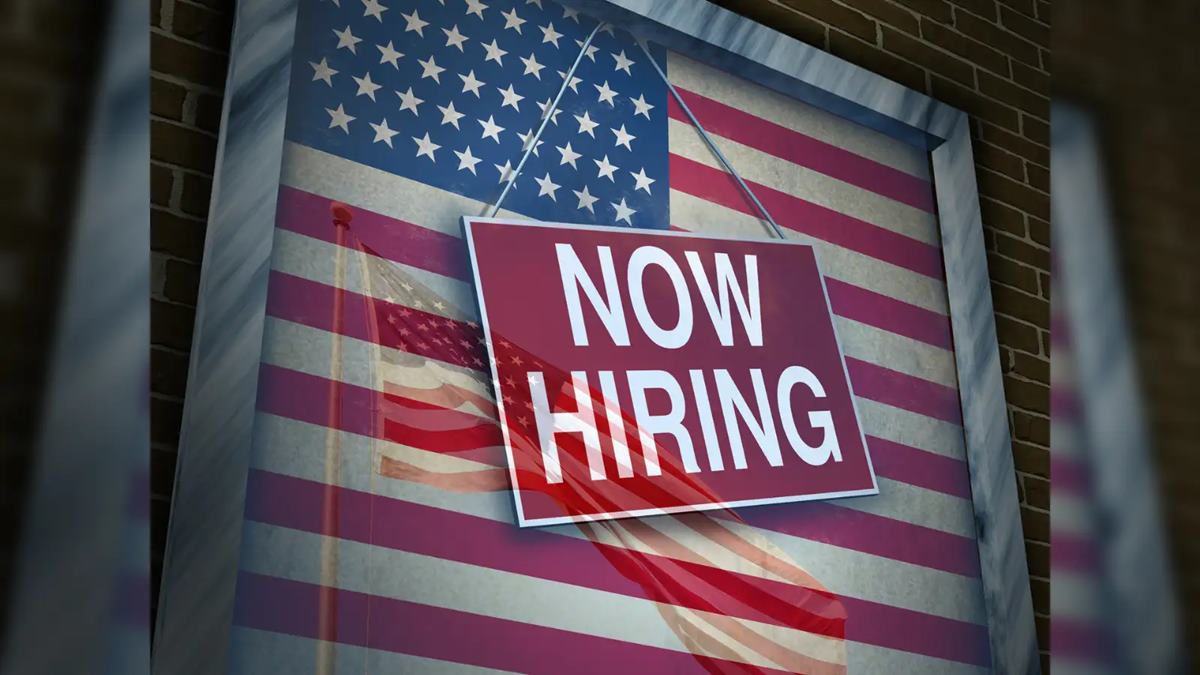In a Reddit post that has resonated widely, a 29-year-old H-1B visa holder opened up about the loneliness, uncertainty, and career stagnation he faces while working in the United States. Now in his second year of the H-1B program and employed at a small suburban firm sponsoring his green card, the anonymous poster described a life that feels “boring and endless”—a repetitive cycle of work, home, and exercise, punctuated only by occasional solo travel.
“I have few friends and no relatives in the U.S.,” he wrote. “Every day feels the same… and I just can’t see my future. Why am I staying here during the best time of my life?” The poster added that his firm began the PERM process for green card sponsorship earlier this year, but the lengthy processing timeline of 2–3 years feels like an eternity, especially without any guarantee of success.
The post has struck a chord with other immigrants and international professionals facing similar hurdles, especially those in non-tech sectors where job mobility is even more limited.
Notably, the Redditor said his attempts to switch jobs have been unsuccessful. Recruiters, upon hearing his visa status, reportedly lost interest. “I’m not a programmer,” he noted, highlighting the added challenge of working outside the tech industry, where H-1B sponsorship is more common.
While some suggested that obtaining an I-140 approval—an intermediate step in the green card process—might improve his chances, the original poster remains skeptical. “At that time, I’ll still be someone without a green card. How can things be better?” he asked.
The emotional toll of visa restrictions and job insecurity isn’t uncommon among foreign professionals in the U.S., particularly in a tight labor market that has grown more selective in recent months. Many commenters empathized with the poster’s dilemma, offering both encouragement and practical advice.
One user commented, “You’re not alone. So many of us feel stuck—between countries, careers, and emotional stability.”
Others advised focusing on building community ties, exploring therapy, or even considering a return to the home country if long-term satisfaction in the U.S. seems elusive.
As the immigration debate continues in America, stories like this serve as a powerful reminder: for many skilled workers, the pursuit of the American Dream is fraught with emotional and logistical uncertainty.




















